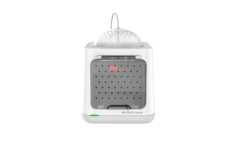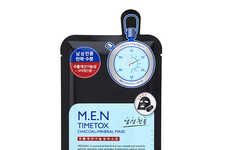



Small retailers build business processes around waste reduction
Implications - Small retailers are taking advantage of the more flexible nature of their work by creating business processes that minimize and repurpose waste. This shift serves two purposes – it gives the retailers in question leverage over larger and more financially secure corporations, while offering consumers more incentive to shop local.
Workshop Question - How can your brand better adapt to changing consumer priorities when it comes to their purchase habits?
Trend Themes
1. Zero Waste Retail - Small retailers are building business processes around waste reduction, creating leverage over larger corporations and offering customers more incentive to shop local.
2. Package-free Stores - Package-free stores are becoming more common in the retail and grocery industry and are highlighting opportunities for other businesses to adopt sustainable practices.
3. Eco-friendly Store Design - Innovative and sustainable store design using recycled materials, such as 3D printed interiors made from plastic bottles, can both promote environmentally friendly initiatives and offer aesthetically pleasing designs.
Industry Implications
1. Retail Industry - The retail industry can implement zero waste practices and package-free options to differentiate themselves from larger competitors and attract environmentally conscious shoppers.
2. Hospitality Industry - The hospitality industry, such as cafes, restaurants and salons, can reduce waste and promote sustainability by encouraging refills and using eco-friendly materials.
3. Architecture and Design Industry - The architecture and design industry can apply eco-friendly principles to create innovative and sustainable interiors by using recycled materials and reducing waste.
6 Featured, 40 Examples:
144,471 Total Clicks
Date Range:
Jun 16 — Feb 18
Trending:
Hot
Consumer Insight Topics:













































